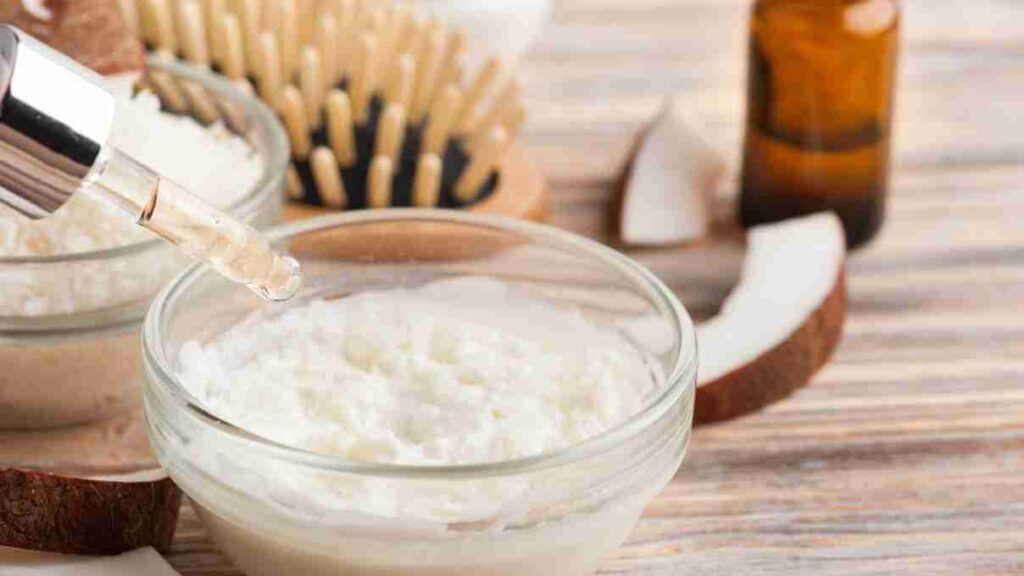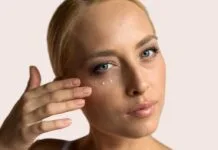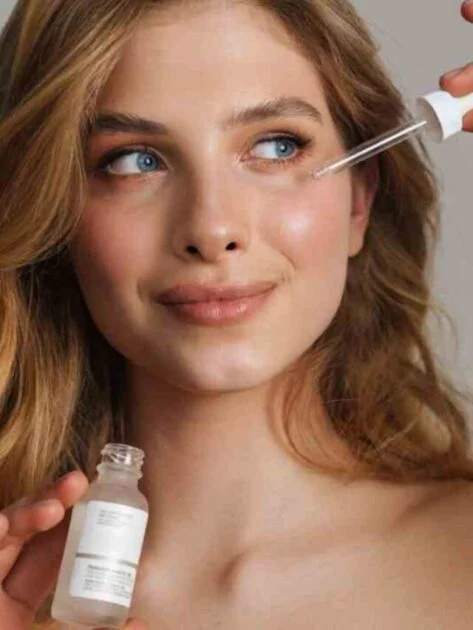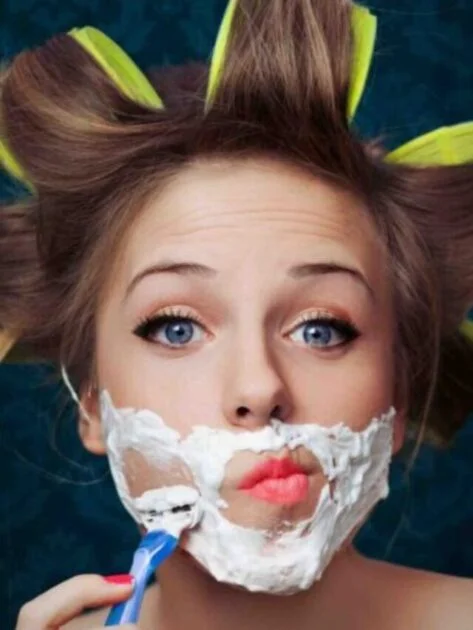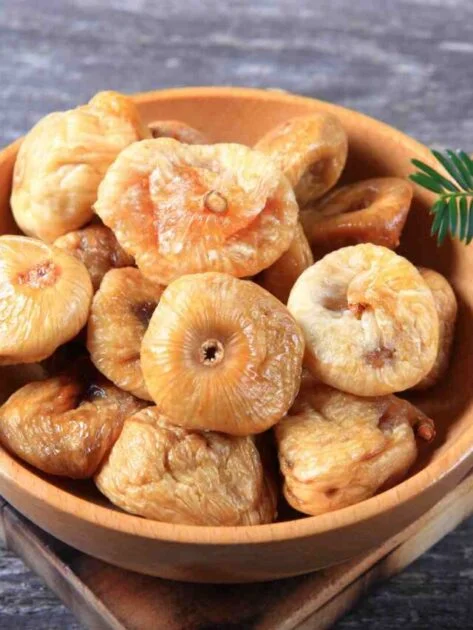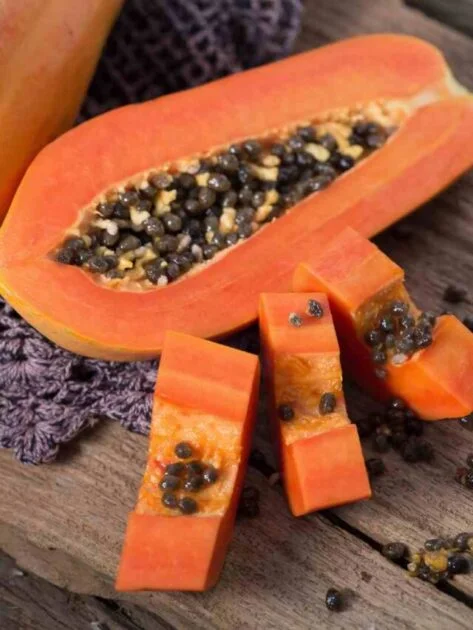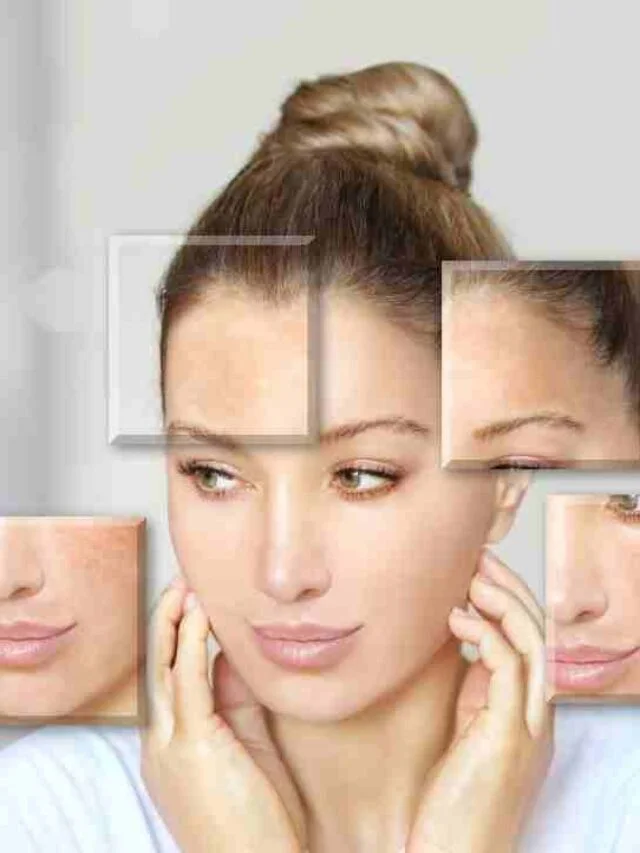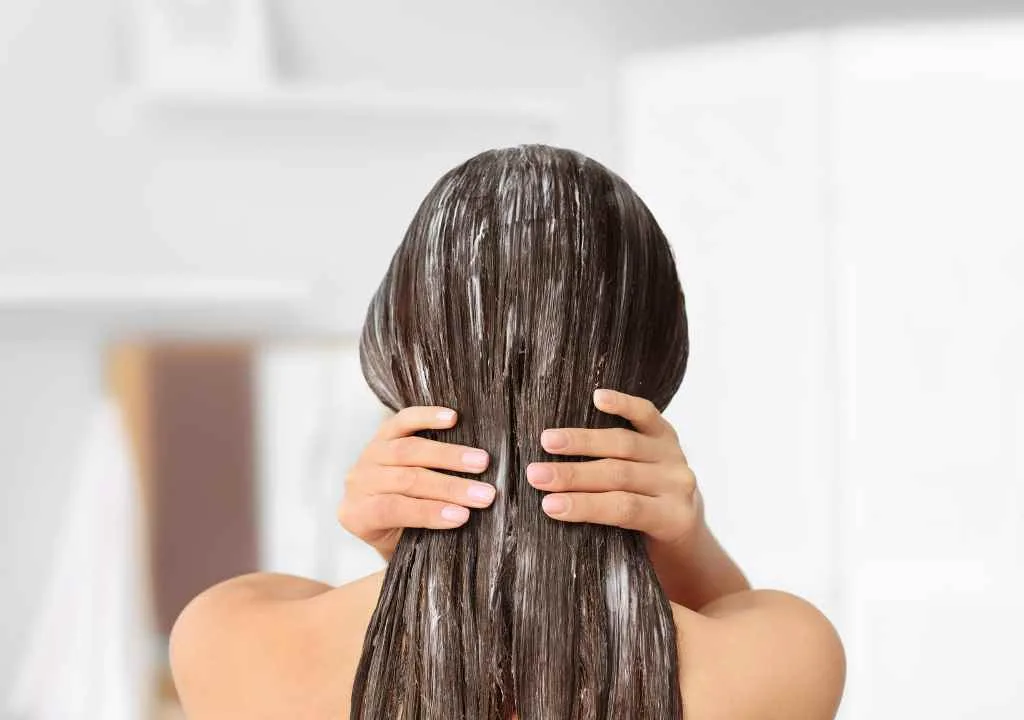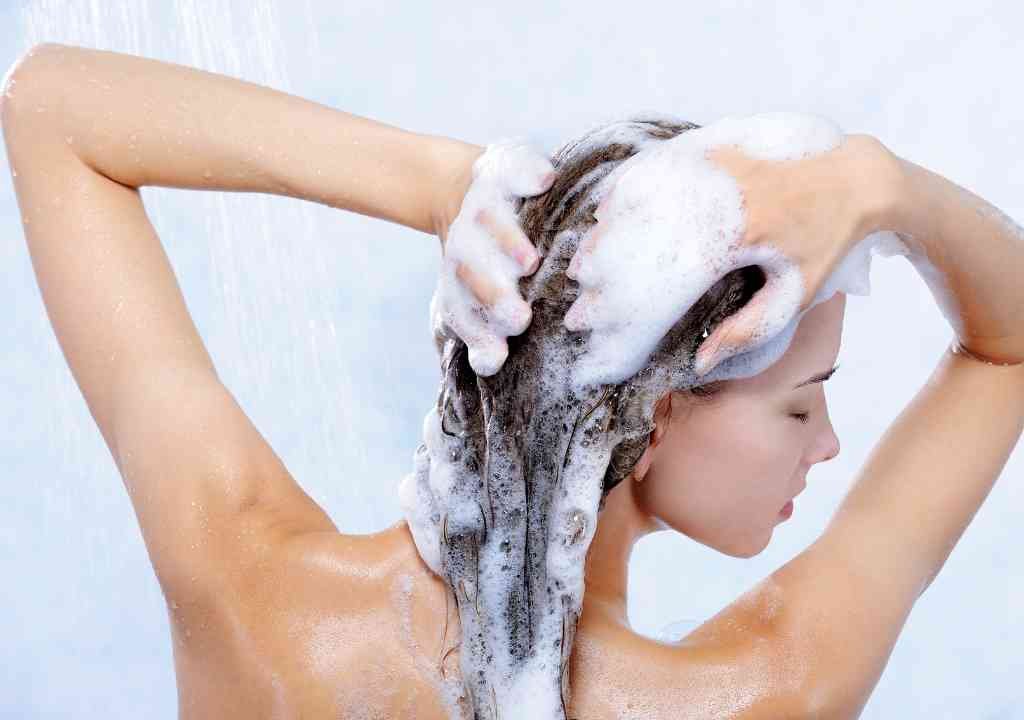While deep conditioning hair, the number one question hair technicians respond to is about when should you deep condition your hair.
Harsh chemicals in your hair color or regular hair styling can often damage your hair. Things get even worse if you are black American Africans with curly hairs. Black hair needs proper attention and care. Therefore, for healthy, shiny and untangle hair, it is important to have regular protein treatment followed by regular deep conditioning.
How and When Should You Deep Condition Your Hair?
Table of Contents
The temperature of hair dryers, flat irons, curling irons, and other heat styling appliances can exceed 400 degrees. Your hair cuticles may lift or break under this kind of heat. In this article, I will explain a quick and simple deep conditioning technique that works even on naturally dry hair to heal split ends, excessively dry, damaged, bleached, coarse, frizzy, and colored hair.
However, you can still restore them with this procedure. All hair types respond favorably to this treatment (straight, curly, wavy, long, short) To keep your hair healthy, shining, and smooth, adopt other hair care practices such as getting enough sleep, drinking lots of water, eating a balanced diet, and exercising. You can also go for Best homemade Protein Hair Treatment to take care of your dry damaged hair.
What is Hair deep Conditioning?
A hair conditioner sometimes called a “conditioning agent, ” is a product that changes hair’s feel, manageability, and appearance. Hair may experience dryness and flyaway due to environmental conditions.
Deep conditioning can be a lengthy process, which requires that the hair be fully saturated with product, left on the scalp for 10 to 15 minutes while it soaks in good amino acid proteins. This is sometimes followed by gentle combing or finger-combing. The process improves the dry and brittle feeling of the hair.
Deep hair conditioning is the last step in a hair restoration process that’s focused on restoring and maintaining natural ways of protecting your hair.
The restore hair process starts with shedding old damaged cuticle which makes room for fresh cuticles to grow and protect tense strands.
Next is the treatment of true damage from excess brushing, heated styling and then mineral depletion, water pressure from the hard kitchen or bath water, chlorine in pools, or overuse of products like alcohol which leads to thinning of the outer protective cuticle layer and more breakage in the already weakened cortex tissue.
Next is deep conditioning which breathes new life into dry brittle hair with relevant minerals, extracts, oils, and antioxidants that soothe trims core conditions which are responsible for keeping hairs shiny smooth strong with minimal frizziness inequalities as possible.
When Should You Deep Condition Your Hair
Shampooing every day can make hair dry. This can happen because daily use will strip moisture from your locks. Once you shampoo, wash away all the vital oils that help maintain hair’s natural hydration before applying frizz protection and styling products. Some people say that about once a week is sufficient for hair care, but others think every day is just fine – as long as you add a deep conditioner to your routine.
After your hair color process, it is important to apply a deep conditioner daily. If you’re experiencing excessive breakage, you need to take a week off of deep conditioning treatments.
People with curly and wavy hair should deep condition their hair a few times a month, to maintain damage-free locks. By doing this, it removes the buildup from products that weigh down curly hair. If you’re thinking to go for deep conditioning treatments for your hair at home then here is a simple yet easy deep conditioning technique that you can perform in the comfort of your home.
How often should you deep condition Black hair
You may not believe it. But this could be the one question that has been on your mind since you had Black hair and nothing but trouble figuring out the amount of time needed to condition Black hair.
Black hair is a hair type is usually found dry because of the lack of moisture that enters the cortex. This leads to dehydration, my detangling, weakened curls and breakage. Deep conditioning with an at-home method can be beneficial in repairing this damage
If you have Black hair, when should you deep condition your hair?
Black hair is one of the most challenging hair types to take care of because black hair is just not used to having a lot of moisture. Black hair type can be dry, brittle, and difficult to manage at times. It often requires that you deep condition it more than once a week to maintain its natural moisture.
How to make a deep conditioner at home?
Now you know when should you deep condition your hair let’s learn a simple deep conditioning technique which you can easily do at home. Below, I am going to explain the deep conditioning technique which is my go-to favorite technique. I follow this deep conditioning twice a week and I have seen a great change in my hair quality. To be honest this deep conditioning technique works like magic. Do try this deep conditioning at home and you will love it.
You will need 6-8 tablespoons of conditioner in a bowl. You can take any conditioner of your choice. You also need Aloe vera gel in the same quantity as the conditioner. You can also use an aloe vera gel tube from the market if fresh aloe vera is not available. Fresh aloe vera is preferred because it will give the best results. Aloe vera keeps your hair hydrated, helps restore moisture in the hair, and also acts as a great conditioner.
Third ingredient used in this deep conditioning technique is 1 tablespoon of coconut milk or coconut powder. Coconut milk or powder will keep your hair soft, provide nourishment and helps to restore elasticity in hair. Dyed or treated hair lack elasticity, so coconut milk or powder works like magic for them. Mix all the ingredients together and add 1 tablespoon of water in it if it is too thick. If your hair is bleached then add 2 tablespoons of coconut milk or powder.
Deep conditioning Technique
First oil your hair then shampoo it. Deep conditioning comes after the shampoo application. Comb your hair and untangle them. Take deep conditioner in your fingers and start applying it on your hair leaving the roots. Apply it on the ends because ends are drier than the rest of your hair.
After efficiently applying conditioner to the hair, gently comb your hair so that conditioner reaches to all parts of the hair and is absorbed in the hair. Make sure the conditioner reaches to the ends of the hair as well.
Then tie your hair in a bun. Take a small towel and damp it with warm water. Take out the excess water and put in your head and cover all your hair. The last step is to provide heat to the hair with the help of a dryer. Keep moving the dryer so that the heat is not just provided to a certain area. The purpose of this heat is to efficiently deep condition the hair. Do this for 1 minute at least.
Keep the towel on your head for almost 15-20 minutes and then wash your hair. You will feel a difference in your hair after applying this deep conditioning technique. This deep conditioning technique is best for frizzy, dry and chemically treated hair. You can do this whenever you take bath or wash your hair. It has no disadvantage for the hair.
After you wash your hair, apply few drops of any anti-frizz serum of your choice. By applying this, you can prevent your hair from frizzing.
Tips to prevent dry, damaged and frizzy hair
- Trim your hair: Trim your hair once a month so that you get rid of split ends.
- Keep your hair hydrated: Drink enough water and eat a healthy diet containing fruits to keep your hair hydrated.
- Reduce heat: Do not provide too much heat to your hair as it can damage your hair. Also use heat protectant serums before using heating tools.
- Do not over shampoo: Washing your hair too much can make your hair frizzy and dry.
- Prevent your hair from humidity: Covering your hair might make it more difficult for it to absorb moisture from the air when humidity levels are high. Wear a scarf or cap. Leave in serums might be useful as well.
- Deep conditioning once a week: To assist your hair in recovering from the impacts of pollutants, chilly winds, and heat styling equipment, think about using a deep conditioner after shampooing.
- Use chemical free shampoos: In shampoo, sulphates and parabens are used to create foam and lather but over time, they can irritate skin and lead to hormonal imbalances.
- Use a wide-toothed comb: Wet hair is brittle and more likely to break. Use a wide-toothed comb to brush your hair after letting it dry. This style of comb guards against hair breakage.
- Oil your hair regularly: In addition to stimulating blood flow and relaxing muscles, pre-shampoo therapies enhance shine and nourish the hair. Additionally, it helps repair split ends, replenishes moisture, and promotes hair growth. It is best to use castor oil, almond oil, or coconut oil on your hair.
Hair care don’ts
- Hot showers: The natural oils on our scalp are stripped away by hot showers. This causes our scalp to become dry and flaky. Cold showers are the best option.
- Chemicals: Chemicals from dying, treatments can affect the quality of your hair follicles which can disrupt growth and can also lead to hair fall.
- Stress: Stress is the leading cause of hair fall and grey hair.
- Using salt water for hair wash: Salt water can damage hair follicles, irritates the scalp and keep the hair tangled.
- Using styling tools: Heating tools like curlers, straighteners, blow dryers can damage the hair texture, makes hair dry and more prone to breakage.
Related: Protein treatment at home
How often should you deep condition Black hair
Because black hair is not used to a lot of moisture, it is one of the most challenging hair types to take care of. It can be difficult to manage dry, brittle, and difficult to manage black hair at times. Maintaining its natural moisture often requires deep conditioning more than once a week.
What is Hair deep Conditioning?
In order to maintain shiny smooth strong hair with minimal frizziness inequalities, deep conditioning is applied to enhance the condition of dry brittle hair with minerals, extracts, oils, and antioxidants.



